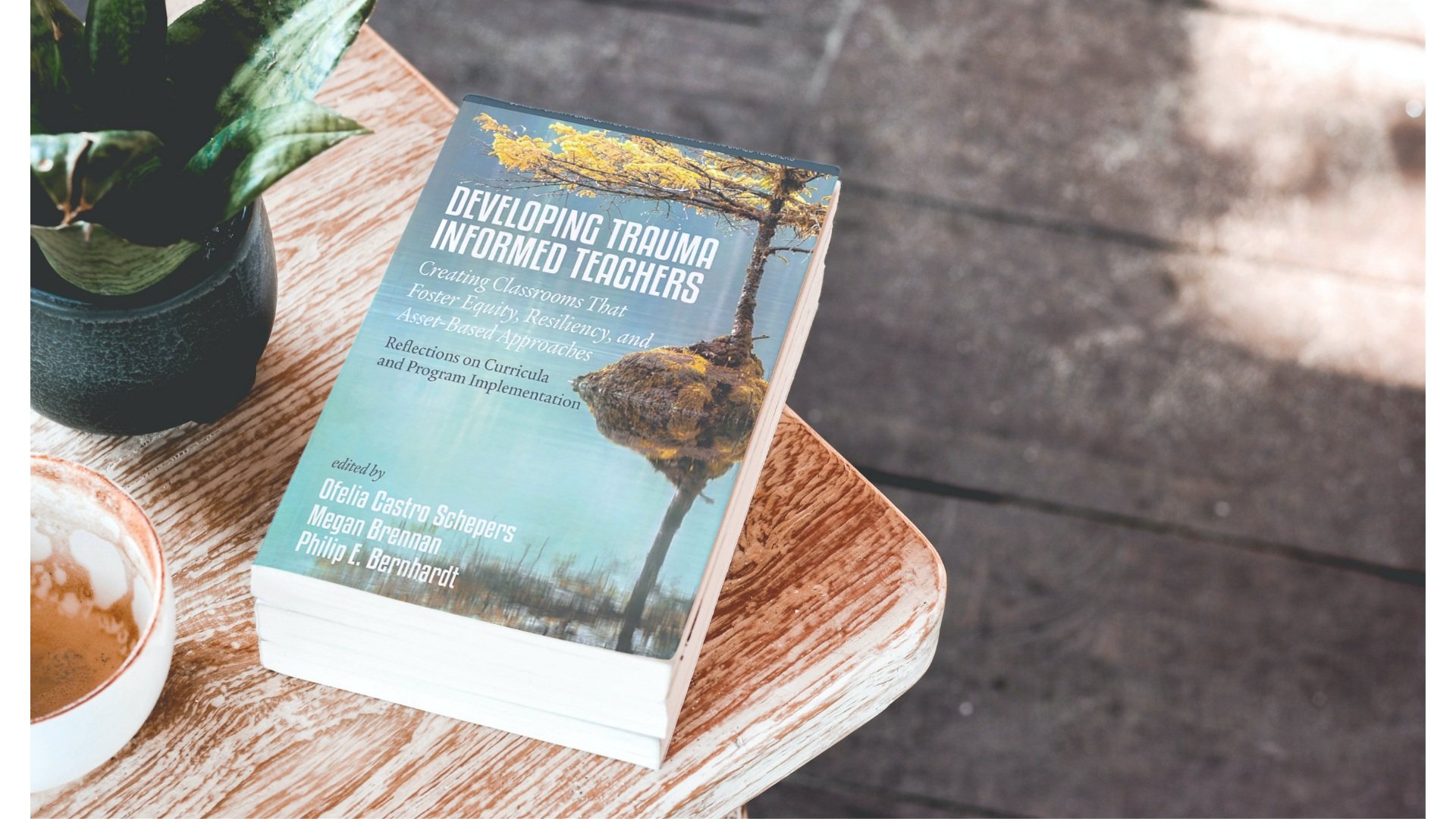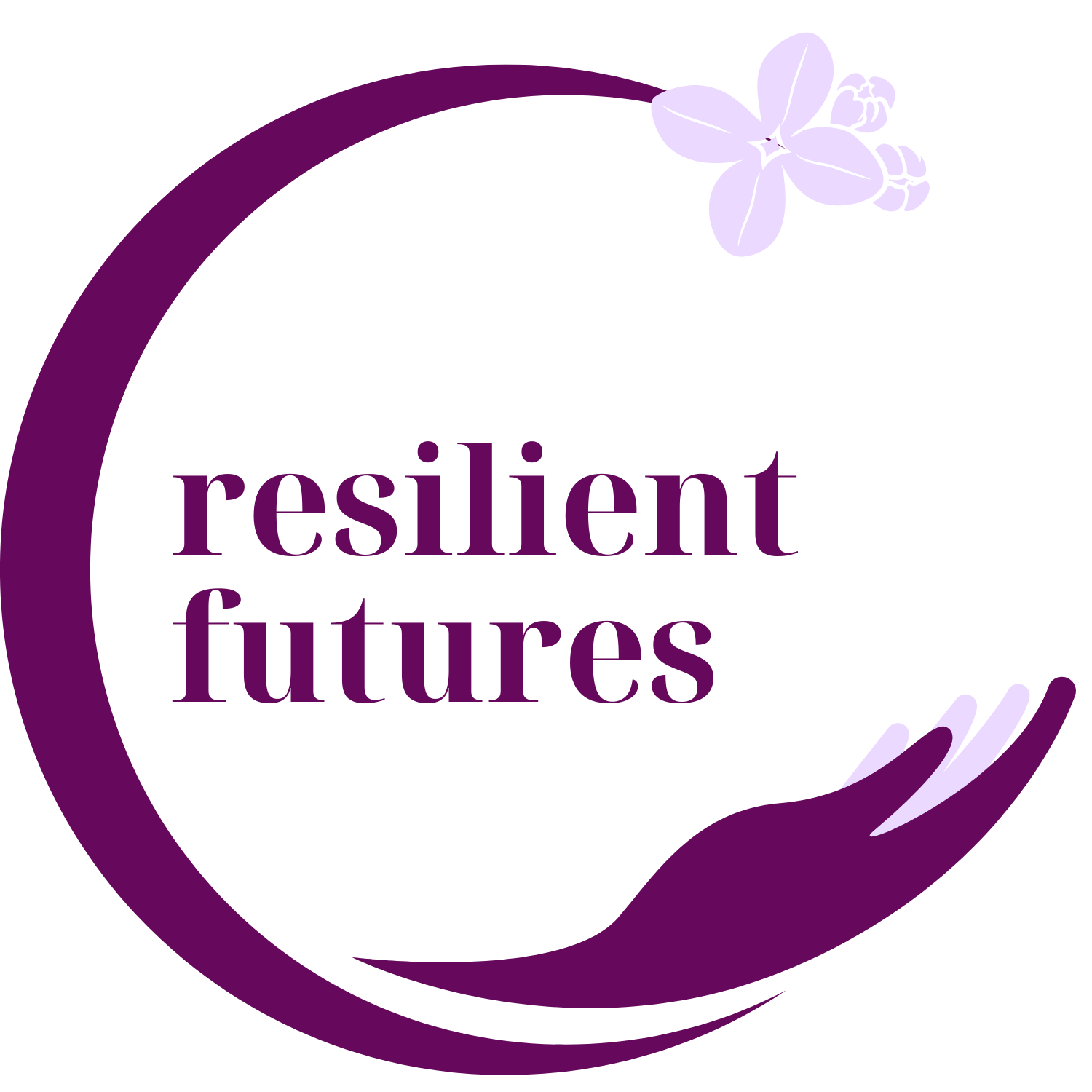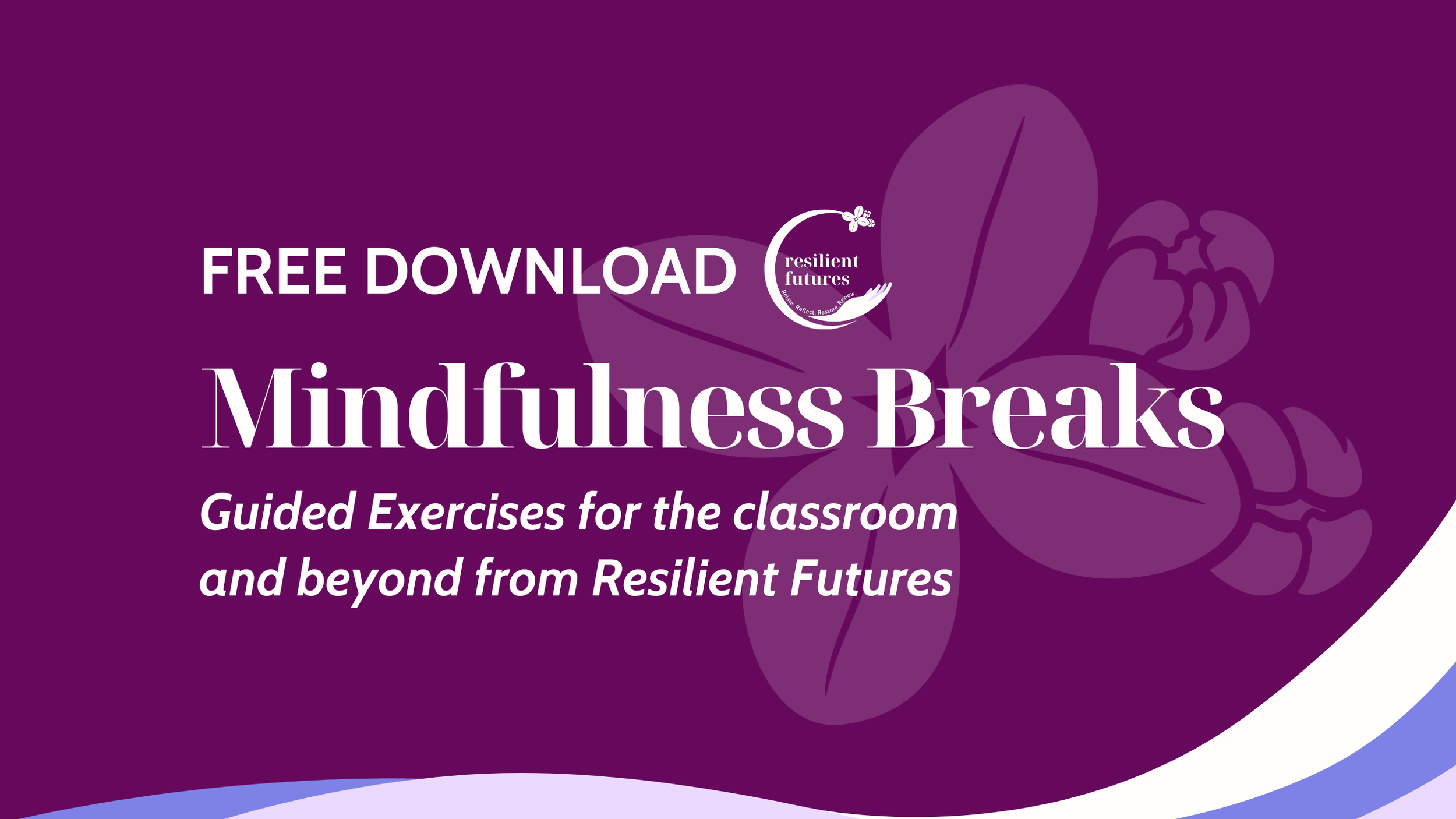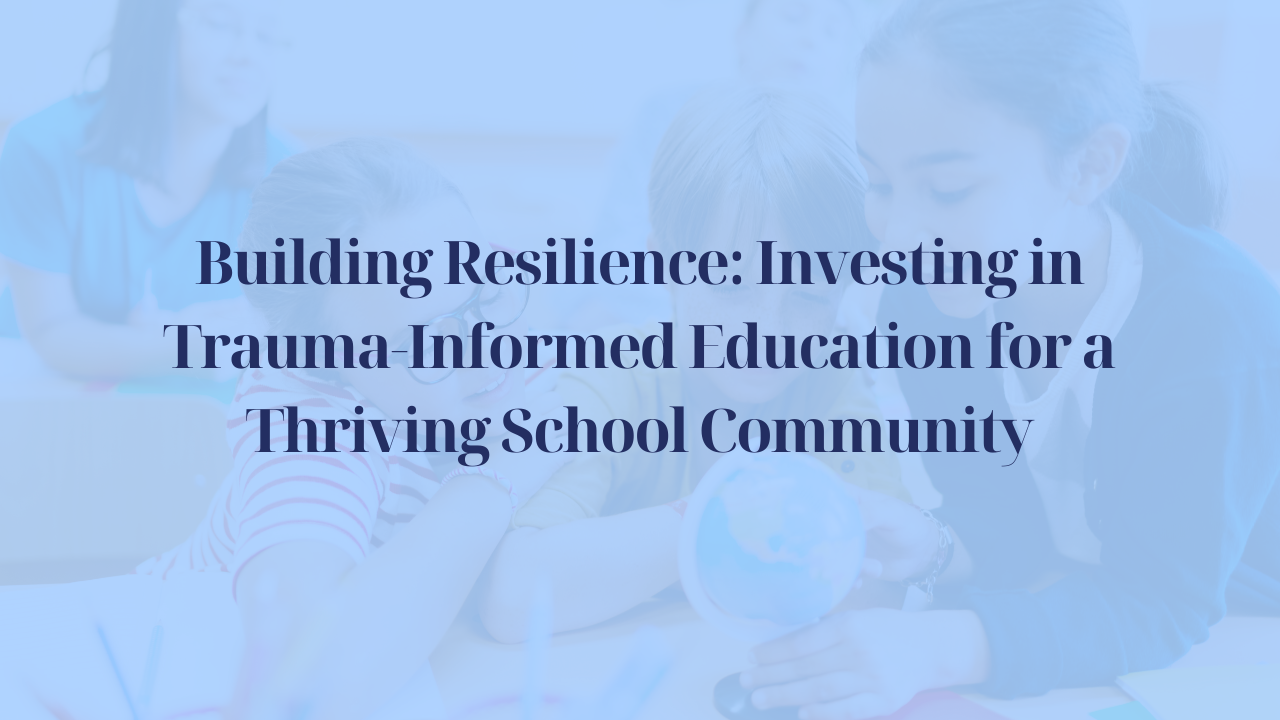
Transforming Public Education with Trauma Informed Schools
Trauma-informed schools recognize and address the impact of trauma on students. By training staff to understand trauma and offering trauma-informed frameworks & strategies, these schools foster safe and supportive learning and working environments for students and educators alike. This article will cover the core principles, practical steps for implementation, and benefits of adopting trauma-informed practices in schools.
Prioritizing Teacher Well-being: Nurturing the Backbone of Education
In the modern world of Education, teachers bear the weight of shaping future generations. But behind the classroom doors, a silent crisis continues to build - the well-being of educators remains alarmingly neglected. Prioritizing teacher well-being and self-care is not just a moral imperative but a necessity for the sustainability of the education system.
Free Download: Resilient Futures Mindfulness Breaks for the Classroom and beyond
Introducing Mindfulness Practices into the classroom environment is not just about fostering a moment of peace amidst the chaos; it's about equipping students and educators alike with powerful tools for navigating the complexities of modern education and beyond. Download our free Guide of Mindfulness Breaks in your classroom or community setting today.
The Brain Science Behind Adverse Childhood Experiences
Childhood is a time of growth, learning, and exploration. However, for many children, this period may also be marked by adversity and trauma. Adverse childhood experiences (ACEs) encompass a range of stressful or traumatic events that can profoundly impact a child's development and well-being. Understanding the brain science behind childhood trauma is essential for recognizing its long-term effects and implementing trauma-informed practices in early childhood education settings.
Resilient Futures and MSU Denver on NBC 9 News
Dr. Rosemarie Allen is an ECE faculty member at MSU Denver with whom Resilient Futures has had a long-standing partnership. Colorado's Universal Pre-K program will soon have new ways to help students who have been through trauma. Watch Dr. Rosemarie Allen weigh in on the new mandate from the State Department of Early Childhood in her interview with NBC 9 News about trauma-informed training for Early Childhood Education teachers from Resilient Futures.
Nurturing Resilience with Adolescents and Young Adults in Educational Settings
There is nuance and complexity in navigating adolescence and young adulthood, especially in educational environments where stressors extend beyond academics. There is critical importance in recognizing and addressing trauma responses in students, highlighting the prevalence of toxic stress and its impact on cognitive functioning and overall well-being.
Why Trauma-Informed Practices Aid in Building Sustainable Communities
In today's educational and youth-serving communities, adopting trauma-informed practices, guided by the 4 R's framework—Relate, Reflect, Renew, and Restore—is paramount for sustainability and resilience. These practices prioritize safe, nurturing environments, acknowledging and addressing trauma's impact. By teaching children emotional recognition and connection-building with trusted adults, while challenging systemic inequities, trauma-informed approaches shape lifelong resilience and empower individuals to foster inclusive, equitable communities.
Building Resilience: Investing in Trauma-Informed Education for a Thriving School Community
There is a profound impact of trauma across developmental stages, exacerbated by the flaws within traditional educational systems. Learn why investing in trauma-informed, responsive training and implementation plans is crucial for nurturing resilient school communities.
Video: Perspectives on Trauma-Informed Care in Education
In this video, our team shares their insights and experiences on the transformative power of Trauma-Informed Care in educational and community settings.
Free Download: Creating a “Peace Place”: Fostering Self-Regulation in Students of All Ages
In today's fast-paced and often overwhelming world, the ability to self-regulate emotions and manage stress is more important than ever. For children and adolescents, learning these skills is essential not only for academic success but also for overall well-being. One effective strategy for promoting self-regulation in classrooms of all ages is the creation of a “Peace Place” —a designated space where students can go to decompress, refocus, and regulate their emotions.
Shifting Mindsets: Embracing Trauma-Informed Approaches in Education
In recent years, there has been a growing understanding of the profound impact of trauma on children's development and behavior. As such, it's time for us to shift our mindsets from asking, "What is wrong with you?" to understanding, "What happened to you?" This shift in mindset lies at the heart of trauma-informed approaches in education.
The Impact of Trauma-Informed Practices in Early Childhood Education
Learn about the power of trauma-informed practices in Early Childhood education and how empowering young children with resilience-building and self-regualtory skills from an early age can have positive impact that last well into adulthood.
Understanding Childhood Trauma: An Infographic
When it comes to childhood trauma, many lack understanding of the impact on children that transcends into adolescence and adulthood. See how the latest data stacks up and get educated about the impact of childhood trauma.

Developing Trauma-Informed Teachers
An Educational Book Series from Resilient Futures
[July 2022] Co-edited by Resilient Futures founder Megan Brennan, this volume of the series Contemporary Perspectives on Developing Trauma-Informed Teachers provides reflections, examples, and implementation guidance for the innovative and important ways educators develop and implement trauma-informed practices across their programs, instituting broader curricular shifts to incorporate trauma-informed practices.
[January 2023] Co-edited by Resilient Futures founder Megan Brennan, this volume of the series was driven by a deep desire to ensure that teacher candidates are thoughtfully prepared to more fully address students’ needs and create classroom environments that are safe for students and teachers.
Childhood Trauma:
An event(s) that a child finds overwhelmingly distressing or emotionally painful, often resulting in lasting mental and physical effects.
Many think of trauma as a single life-changing event, but more commonly trauma manifests as a series of events or patterns of abusive or neglectful behaviors that compound over time.
Understanding Childhood Trauma
In the Press

Give to further our Mission
More than ever, our schools and youth-serving communities are in need of trauma-informed, equity-centered training and resources. Your tax-deductible gift will directly fund our program expansion efforts, enabling us to provide trauma-informed training and resources to a greater number of educators, schools, and youth-serving organizations.
Interested in learning more about our Trauma-Informed Futures© Programming & Services?















